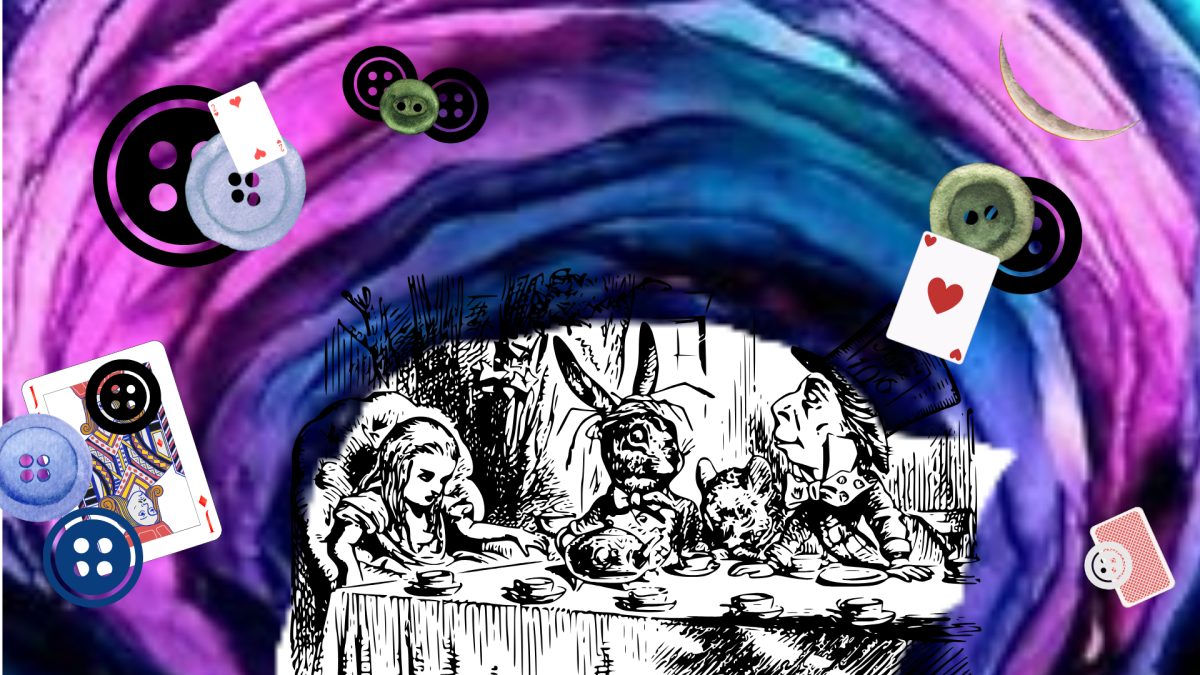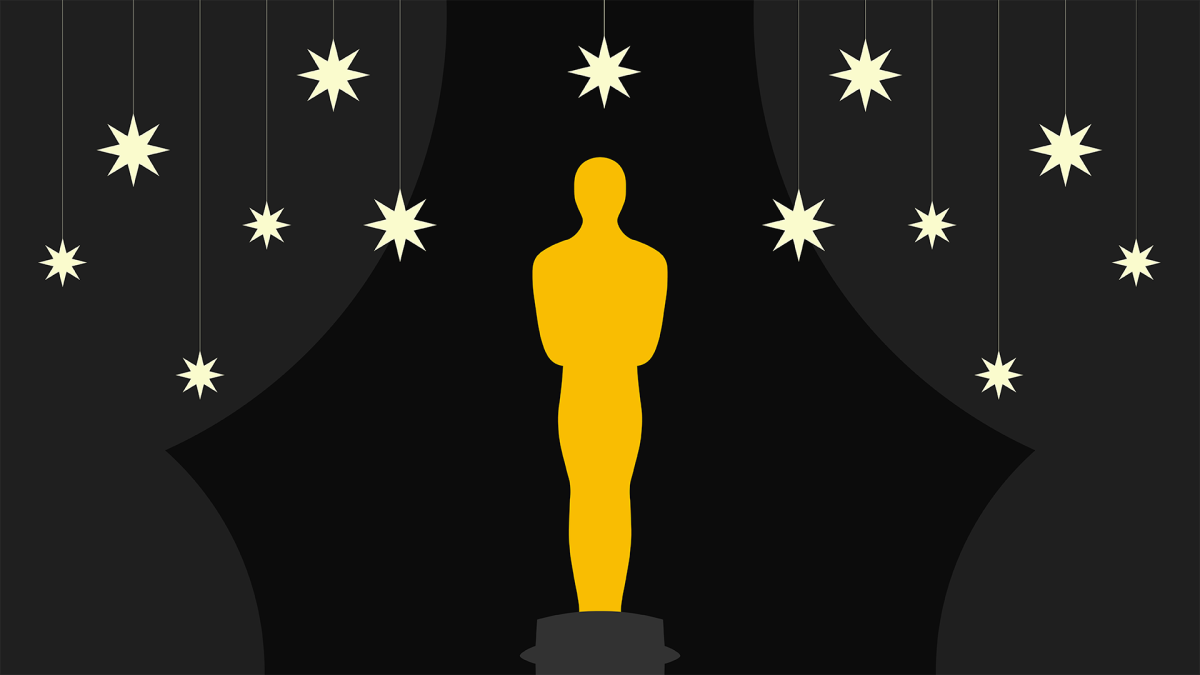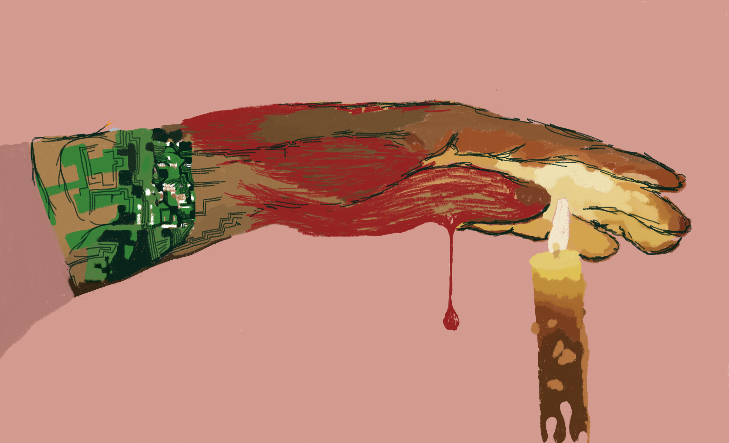It’s been three long years since Kacey Musgraves released her Grammy-award winning, “Golden Hour,” which detailed her emotions while falling in love with her now ex-husband, Ruston Kelly.
Musgraves has done it again with the release of her highly anticipated fifth studio album, “star-crossed.” The album is accompanied by “star-crossed: the film,” streaming on Paramount+ exclusively, which provides a visual aspect. I would say more, but when I tried to get tickets to see it, it had already sold out.
As you might infer, “star-crossed” takes listeners through 15 tracks which detail heartbreak, grief, healing, and most importantly, reflection. Beginning with the title track “star-crossed,” she figuratively and literally “sets the scene” for the album, as it opens with a melodramatic guitar riff. Lyrically, she frames it as a modern tragedy, with lines such as “Two lovers ripped right at the seams / They woke up from the perfect dream / And then the darkness came.” She ends the song with a large chorus of accompanying background singers which foreshadowed the tragedy she would tell.
It wouldn’t be Musgraves without upbeat yet emotional songs, and “good wife” takes us back to what she had idealized for herself. Her voice opens it with an omniscient “Let’s go back to the beginning,” thus this is a retrospective glance. The chorus is beyond catchy with lyrics that include asking for help, what she can do for her husband, how she can communicate well with him, and how she believes she needs to be a good wife.
In “cherry blossom,” Musgraves channels a more “High Horse” sound. This felt natural for her, as she slowly drifts away from her country roots and intertwines the guitar with different things. This track coins a simple message of hoping she’s not “blown away” in the idyllic setting of Tokyo. “Simple times” follows this track, which truly ages Musgraves (not in a bad way, lol). With a cheesier tune, Musgraves reflects on nostalgia and how she wishes things were easier. With lyrics and sound effects that reference items like games, headsets, hightops and pagers, Musgraves yearns for the better days of the past.
Track five details a more emotional and vocal moment. “If this was a movie..” begins slowly as Musgraves asks questions of what she is to her estranged lover; of what she means; if she’s good or bad for them. Then the track speeds up and details what their relationship would be if it existed in a movie. Or if life was a movie. Both. But the romanticized version she wishes for will never exist, and she is coming to terms with that loss. She comes to terms with this by ending the song with “it’s not a movie.”
In “justified,” Musgraves shares with us some more honest truths about her heartbreak. She begins the song as she tries to cover up her pain yet slips and admits, “Movin’ backwards, hurt comes after / Healin’ doesn’t happen in a straight line.” Musgraves is beyond justified in her healing process and no one can judge her for this! As the song continues, the lyrics change a bit as she admits again, “Movin’ onwards, feelin’ strong / But healin’ doesn’t happen…” Her emotions are subject to change, as she realizes. In the last bridge, she changes it to “I should have treated you right” emphasizing this pain is not one-sided.
Swiftly following, “angel” is a simple yet powerful track about how Musgraves cannot be an angel. “You’d only get the best of me / I’d never wanna make you leave,” she rips apart the idea that one must be perfect for their significant other, and she admits she is not an angel. Musgraves also details how her partner would never have to change for her and then flips that back on herself, “I’d never have to change.”
“Breadwinner” brings us back to Musgraves’ country roots. With her very cute accent coming out in the bridge, Musgraves produces a tune that almost makes me want to wear a cowboy hat and go to Tin Roof (not actually). This track details the advice Musgraves has for women to stay away from freeloading men who are insecure and only want a breadwinning woman. “See, he’s never gonna know what to do / With a woman like you,” thus, men cannot handle independent women. Sucks for them!
In quite the jarring shift, “camera roll” describes how Musgraves feels about the memories that lie in the graveyard of her camera roll. In an honest and emotional way, she details how she knows she cannot look at these pictures, yet, won’t delete them. Her loneliness is pronounced as the bridge sighs, “Look at me, I’m moving on / And now you’re only living in my phone.” She thanks her ex-lover for these beautiful moments. Musgraves describes a specific memory and describes it as before losing “the sun,” referencing “Golden Hour” as their happiest.
Continuing the trend of tears on my face, “easier said” details her progress in life yet struggles with love. Loving someone is difficult, she admits, but it should be easy. She’s been trying so hard, but it feels unattainable. Like most things, it is easier said than done.
Musgraves criticizes hookup culture in “hookup scene,” as she feels empty after each of these interactions. She craves the connection she once had, which makes her regret this loss. Her message to all is to appreciate your partners, despite the feelings they make you feel. A bit counterintuitive, yet she’s still envious of those who have lovers and longs for that connection.
In the 12th track, Musgraves gives us some more of that country feeling. In “keep lookin’ up,” she provides listeners with the advice her father gave her to get through this healing journey. Head held high, Musgraves will not let the little things affect her.
Obviously, “what doesn’t kill me” shows that anything that comes her way, she can handle. In the most heartbreaking yet excellent reference, Musgraves sings, “I’ve been to hell and back / Golden Hour faded black.” Her resilience shines through, and she knows she must continue to be strong through this tragedy.
The penultimate track, “there is a light,” has Musgraves reflecting on herself, and in turn, this album. Though she is still healing, there is hope in the fact that there’s always something at the end of it all. With a continuation of flute solos, this might be one of Musgraves’ most experimental tracks.
To close out “star-crossed,” Musgraves covers the song “gracias a la vida” as her final thoughts. This song is originally by Violeta Parra, a Chilean folk singer and activist. In a beautiful homage to her Texan heritage and the prevalence of Spanish in her childhood, she gives thanks for her life. While life may provide hardships, there is also a beauty in it. She is thankful for it all.
“Golden Hour” gave us sunlight, beauty and falling in love. Alas, nothing gold can stay, and “star-crossed” juxtaposes with the tragedy of heartbreak, darkness and more.
Kacey Musgraves is just as iconic as ever and “star-crossed” deserves the hype. Listen now.














